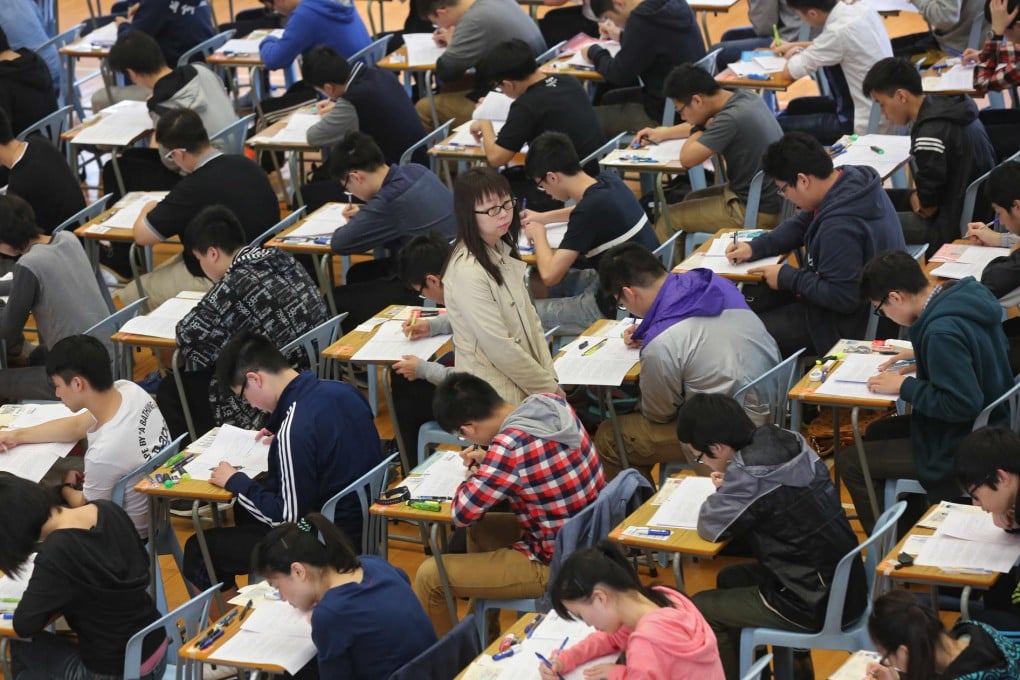Hong Kong schools still emphasise exam scores rather than learning
To the relief of Secondary Six students, the Hong Kong Diploma of Secondary Education examination has come to an end. The months and years of anxious anticipation for the high-stakes exam are finally over. What remains now is the release of results in early July, when each candidate will find out whether they have made it to university.

To the relief of Secondary Six students, the Hong Kong Diploma of Secondary Education examination has come to an end. The months and years of anxious anticipation for the high-stakes exam are finally over. What remains now is the release of results in early July, when each candidate will find out whether they have made it to university.
Besides acceptance into publicly funded universities, it is also worth considering how much students have benefited from their studies. As part of the education reform, the new senior secondary curriculum leading to the exam provides for a range of experiences beyond the classroom. These days, students engage in diverse experiences through site visits, trips, community services and project-based learning. School life today is supposed to be more colourful and inspiring than ever. But is it?
Letters from students that poured into this paper late last month suggested otherwise. One, who called himself a DSE slave, said he woke up every day at 7am for school, then did more studying after school until "the moon hangs in the sky".
Another lamented the pressure accentuated by parents' excessive expectations.
A teacher wrote in, criticising the unreasonably difficult English reading paper in this year's exam.
A talk with a candidate this year gave me the same impression: contrary to the aim of the curriculum design, which is supposed to bring diversity to students' lives, many remain trapped in a tight race, focusing more on examination skills than anything else.